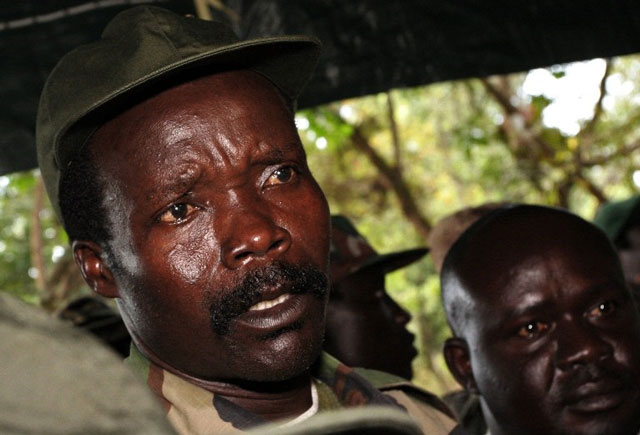
Kampala, Uganda | THE INDEPENDENT | Government is discussing a proposal to restructure the Amnesty Commission to oversee the implementation of the National Transitional Justice Policy for addressing the justice, accountability and reconciliation needs of conflict-affected communities.
The proposal emerged in June this year after Cabinet rejected an earlier proposal for creation of a National Truth and Reconciliation Commission to implement the same policy as discussed in the Juba Peace process in 2006.
Margaret Ajok, the Transitional Justice Policy Technical Adviser at the Justice, Law and Order Sector (JLOS) which drafted the Policy after nationwide consultations says government opted to restructure the Amnesty Commission due to an existing ban on creation of new government agencies.
Creation of the Commission was fronted by the Transitional Justice Technical Working Group set up by government in 2008 under the Justice, Law and Order Sector (JLOS) to among others consult on implementation of the National Transitional Justice Policy as agreed and signed in Juba under the Agenda Item Number Three on Accountability and Reconciliation.
Ajok says government instead created Nation Building and Reconciliation clause in the policy, a decision informed by nationwide consultation failure to articulate common issues requiring the nation to go through the National Truth and reconciliation process.
In the case of Rwanda genocide, the traditional Gacaca Courts was implemented while South Africa had a single issue of national concern – the Apartheid handled by the South Africa Truth and Reconciliation Commission.
In the case of Uganda, there has been several diverse issues including cattle rustling in Karamoja and Teso, the conflict in the Luweero Triangle, the NRA bush war, the West Nile Bank fronts and the Lord’s Resistance Army among others.
Ajok says while there are commonalities in the situations, they are all unique in the ways they unfolded and their resultant impacts for National Truth and Reconciliation process to resolve. She says most of the affected communities preferred to deal with such issues at the community level rather than the national platform.
The Transitional Justice Policy technical working group is now drafting regulations for implementation of the policy for Parliament to discuss and pass into law. It is hoped the Act of Parliament will also give effect to traditional Institutions to better adjudicate issues of reconciliation and dispensation of justice.
Lyandro Komakech, the Gulu Municipality Member of Parliament participated in drafting the policy. He says the transitional Justice policy provides Ugandans unique opportunity to understand the truth about the nature and the scope of the violence that his country suffered in the hands of the various armed groups.
Sarah Kasande, the Head of the International Center for Transitional Justice in Uganda says despite the change of plan, Ugandans should believe in the transitional justice process stipulated in the Policy to provide holistic accountability for past atrocities.
Nicholas Opiyo, a Civil Rights Lawyer with Chapter Four Uganda says government must ensure that the various agencies that will implement the mechanisms outlined in the Policy live to the expectations of victims of the various armed conflicts.
*****
URN
 The Independent Uganda: You get the Truth we Pay the Price
The Independent Uganda: You get the Truth we Pay the Price


